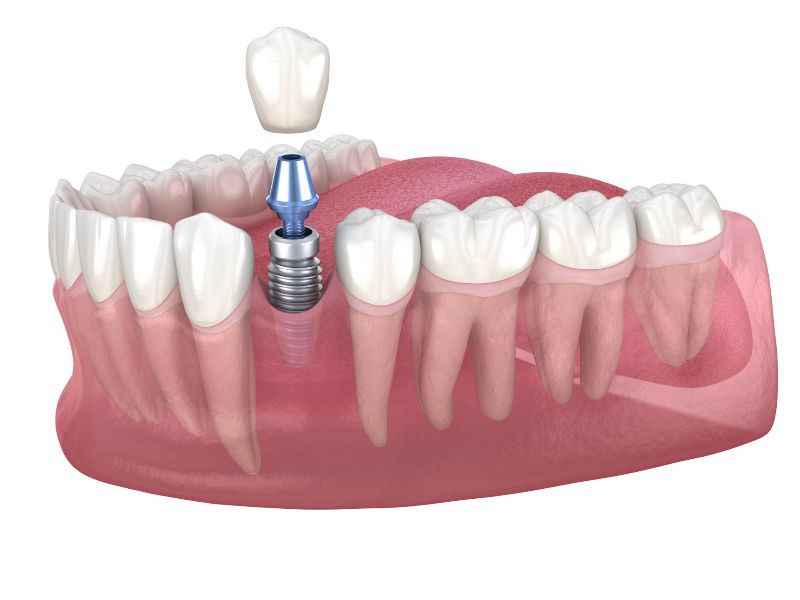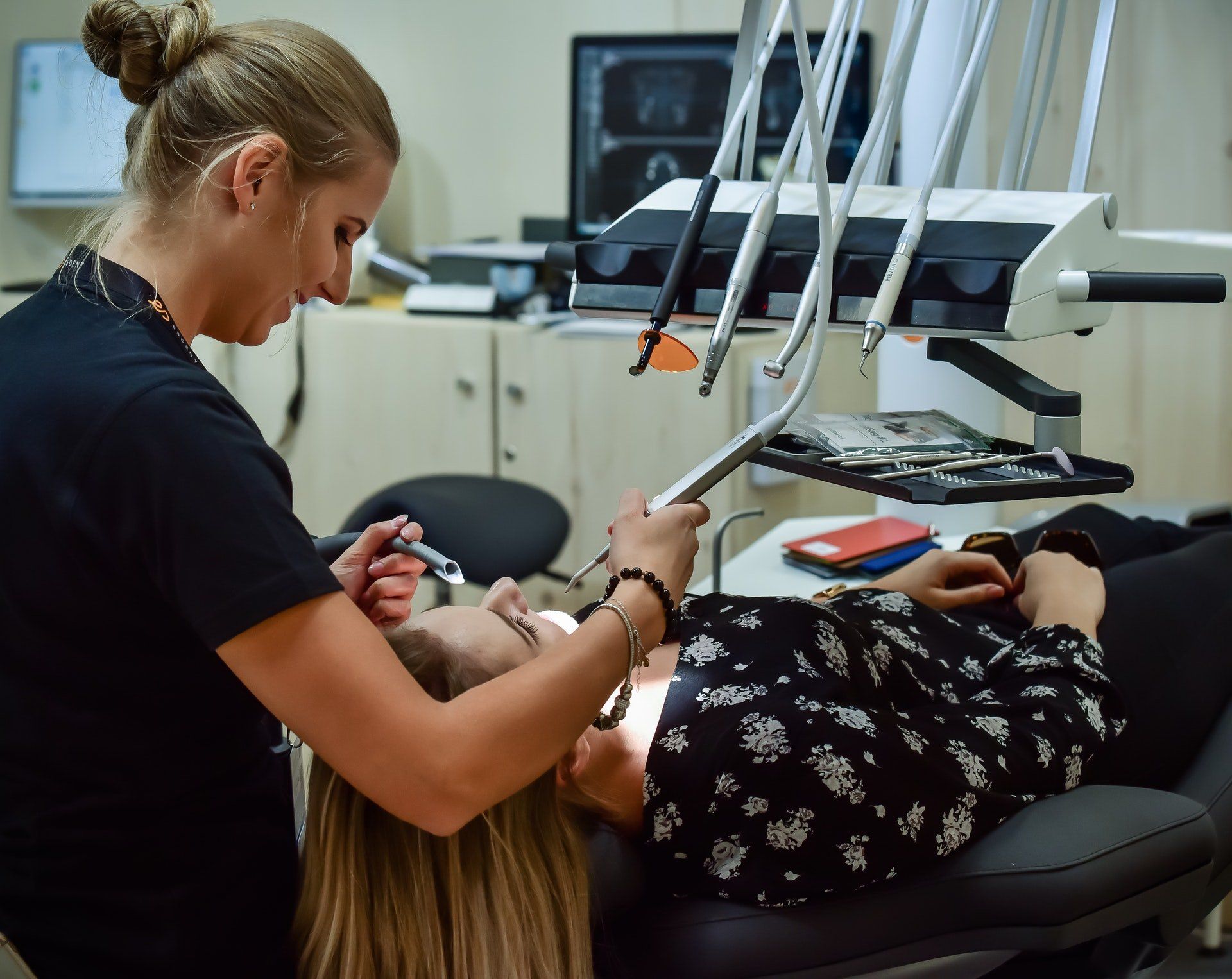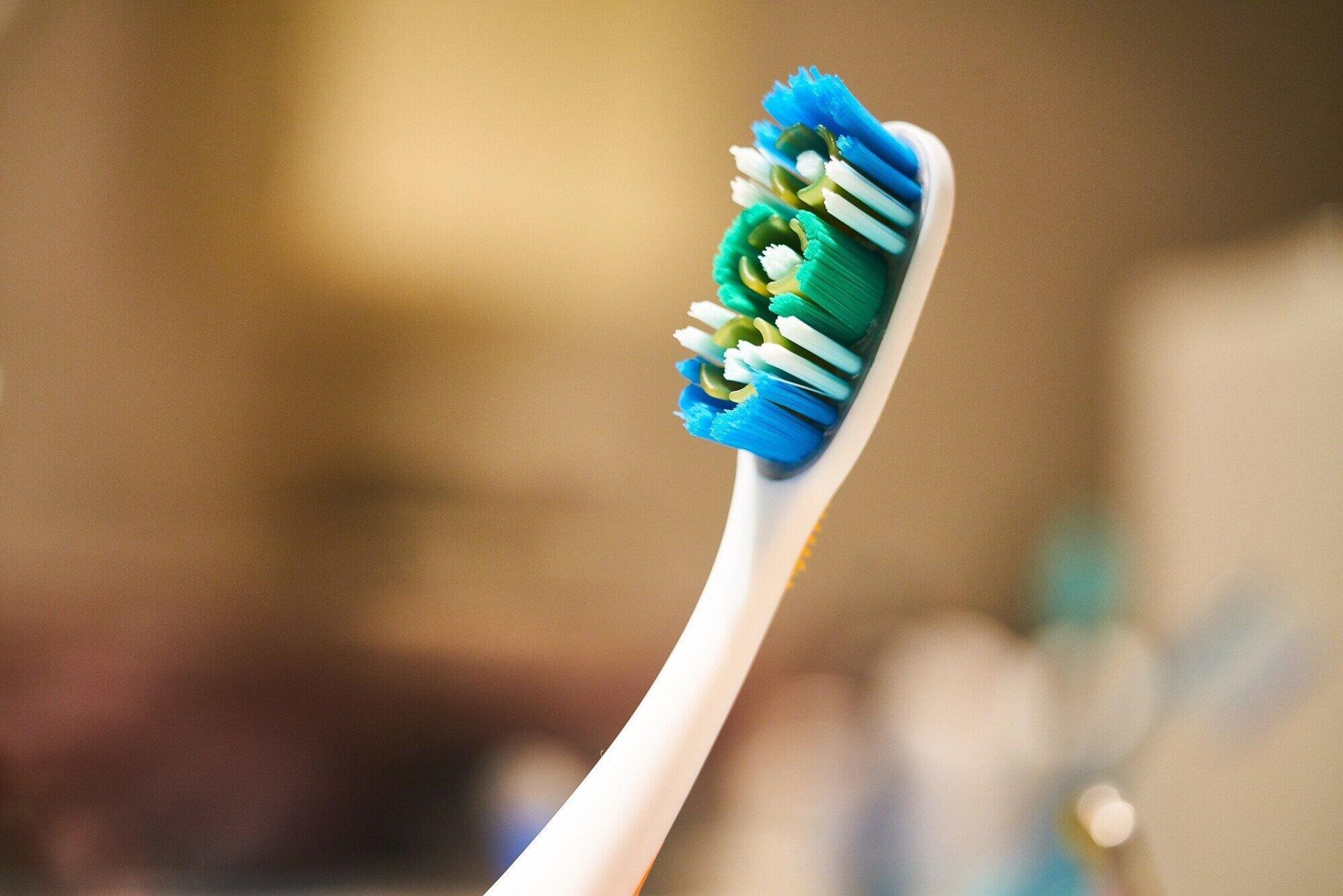Dental Implants vs. Dentures: A Head-to-Head Comparison
Tooth loss is unpleasant yet common among adults. According to AARP, adults around the age of 64 have three or more decayed or missing teeth. A person might lose teeth for many reasons, including tooth decay or gum disease.
Missing multiple teeth can significantly affect oral health and self-esteem. Several effective options are available to patients looking to restore their smiles. If you have discussed these options with your dentist, you may be considering dental implants vs. dentures.
This blog will go over the basics of these long-term dental solutions. We will discuss what is included in each procedure and why these options might suit you.
What Are Dental Implants?
Dental implants, a procedure that replaces your tooth roots with screw-like posts made from metal, offer a natural function. Once these "implants" are in place, artificial teeth are affixed to the top, functioning like real ones.
One of the main reasons patients choose dental implants is that they provide stabilization and support for the surrounding teeth. Over time, dental implants fuse with the jawbone. As they become a permanent part of your mouth, they can withstand typical biting forces without shifting or slipping.
Who Is a Candidate for Dental Implants?
Many people missing one or more teeth may be a good candidate for dental implants. Some of the criteria you may need to meet include:
- Have a healthy amount of jawbone.
- Have one or more missing teeth.
- Have healthy oral tissues.
- Do not smoke or use tobacco products.
- Have adequate bone structure.
During the examination, your dentist will use x-rays to gain a comprehensive understanding of your jawbone and oral health, which is crucial in determining if dental implants are suitable for you.
What Are Dental Implant Benefits?
There are many advantages of getting dental implants over other procedures. Expected benefits include the following.
- Dental implants restore the cosmetic appearance of a smile.
- Dental implants Improve the ability to chew.
- Dental implants help prevent the jawbone from shrinking.
- Dental implants keep adjacent teeth stable.
- Dental implants preserve the health of surrounding gums and teeth.
- Dental implants improve the patient's quality of life.
What Are Dentures?
Dentures are removable appliances that replace missing teeth in your lower jaw, upper jaw, or both. Dentures are made from various materials, such as:
- Porcelain
- Metal
- Nylon
- Resin
- Acrylic
There are several types of dentures. The kind you choose depends on your specific oral health needs.
For example, partial dentures replace several missing teeth. They are equipped with clasps that hook to the remaining teeth.
Full dentures replace an entire arch of teeth. They rest on top of your gums and rely on your lower jawbone or palette for support.
Who Is a Candidate for Dentures?
Dentures are very popular because they can be easily removed. You may be a good candidate for dentures if you meet some of the below qualifications:
- Partial dentures are an option if you still have some natural teeth.
- Full dentures are ideal for those missing all of their teeth.
- The patient needs sufficient healthy jawbone and gum tissue.
What Are the Benefits of Dentures?
There are many dentures pros and cons to remember if you are considering this option. Patients can experience several advantages if they pursue this option. These include:
- Enhanced appearance
- Improved ability to chew
- Increased speech function
- Better nutrition
Dental Implants vs. Dentures - What Is Best for You?
Dental implants vs. dentures are the most common solutions when fixing missing teeth. Each procedure has its considerations and advantages to think about before you make your decision.
Cost
The cost of dental implants tends to be more expensive than getting dentures. While dentures tend to be more affordable upfront, keep in mind that they'll need to be replaced every five to seven years.
Dental implants are a more significant investment. However, they're designed to last the rest of your lifetime if you take care of them. They can be the more cost-effective option in the long run with that in mind.
Maintenance
Caring for dental implants is the same as practicing oral hygiene for your natural teeth. This includes the following activities:
- Getting regular checkups
- Flossing
- Brushing twice a day
Performing regular maintenance for your dentures is key to increasing their lifespan. Some of our denture maintenance tips include:
- Cleaning them each day
- Brushing them after eating
- Avoiding wearing them overnight
- Soaking in a cleaning solution or water overnight
- Removing adhesive that's stuck to your gums
Your dentures will also need to get refitted over time since your bite will change. Dental implants are permanent fixtures in your mouth. They may need replacement crowns if the original ones get broken or cracked.
Complications
Like with any dental procedure, there are some risks and complications you should keep in mind. There are a few risks associated with dental implants, such as:
- Cracked crowns
- Failure of the implants to fuse with the jawbone
- Loose posts
- Infection
According to Healthline, around 5-10% of dental implant procedures fail. Even with that in mind, dental implants have a high success rate.
There are a few complications that commonly arise with dentures, including:
- Ulcerations or sores forming on your gums
- The dentures slip and don't stay in place
Procedure
The biggest thing to keep in mind with dental implants is that it's a major surgical procedure. With dentures, the most invasive step in the process is when you get dental impressions taken.
On the flip side, dental implants take several months to receive. Most of this time is spent healing between each step in the process. This includes waiting to see if your jawbone naturally fuses with the metal implants once they're placed.
Schedule an Appointment to Discuss Your Tooth Replacement Option
Weighing your options when it comes to dental implants vs dentures can be a complicated decision. That's why it's important to speak with your dentist about your goals, budget, and needs. They'll work with you to create a tooth replacement option that helps you achieve the optimal smile.
Core Dentistry is here to help you improve your self-confidence and restore your smile. We offer many tooth replacement solutions, including dental implants, dentures, and more. Reach out to our office to schedule a consultation.











